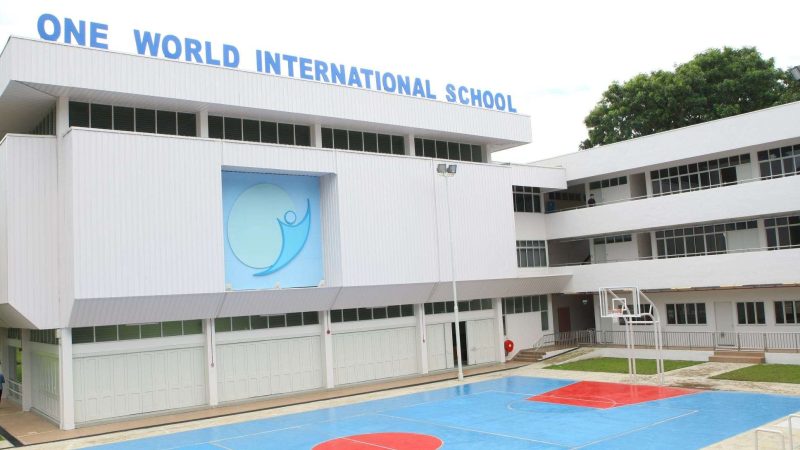IB international baccalaureate: A complete guide

A completely new range of educational options has evolved in the era of 21st-century schooling. The phrase “International Baccalaureate” or “IB” is known to most people who want their children to get admission to an international school, but what is it? This article describes the essential components of the IB International Baccalaureate program and provides a brief understanding of whether to pursue it.
What is International Baccalaureate?
For children ages, 3 to 19, the International Baccalaureate (IB) provides four rigorous, high-quality educational programs that offer a holistic approach to international education. For a global network of schools, the International Baccalaureate Organization (often known as the IBO) provides these rigorous educational programs to build a better, more peaceful world.
The IB may consult a wide range of sources for its work and validate data to ensure its validity and correctness, especially when employing community-based information sources. The IB supports the principles of IP and works diligently to track down and secure permission from the owners of every copyright material utilized before publishing. The IB honors the intellectual property and works diligently to track down and ensure approval from the owners of every copyright material used before publishing.
Why is IB different from others?
Unlike other curricula, the International Baccalaureate (IB) strives to achieve more significant results. The programs create a young generation driven to succeed, curious, informed, and kind. By fostering students’ curiosity, critical thinking abilities, and capacity for problem-solving, the IB offers them clear advantages.
The programs offered by the IB International Baccalaureate are distinct from other curricula because they:
- Empower students of all grades to question their assumptions and think critically.
- Develop autonomously from national and governmental systems, using top-notch instruction from our worldwide network of schools.
- Motivate learners of all ages to consider both local and international circumstances.
- Cultivate bilingual pupils.
The four programs IB:
There are four programs included in it:
- PYP or Primary Years Programme (From Kindergarten to Class 5)
- MYP or Middle Years Programme (From Class 6 to Class 10)
- DP or Diploma Programme (From Class 11 to Class 12)
- CP or Career-related Programme
If you want the benefit of all four programs, you must fill the school admission form for a good international school.
Why are an increasing number of schools adopting IB programs?
The IB curriculum strongly emphasizes experiment-based learning, creativity, and an all-encompassing approach to education.
- IB develops students into global citizens. The curriculum is structured so that a student may develop a worldwide perspective and become internationally competent—confident, self-reliant, and aware of international events.
- Students that take the IB program learn to think critically. In the modern world, critical thinking is essential since it allows people to examine, assess, and produce ideas. As the world’s future citizens, kids may benefit from this thinking. To study IB, you need to fill out the school admission form of a good international school.
- IB instructs in balance. Students in IB are seen to have a disciplined and balanced study routine, practical time-management abilities, and a personality that goes beyond academics. The curriculum promotes creativity, action, and service (CAS) and learning outside the traditional classroom setting. A learner can develop emotional, physical, intellectual, and ethical balance with this equilibrium.
- IB promotes in-depth learning. The IB curriculum and exams discourage learning a topic merely to get points or grades. Instead, the subject groups allow students to select a subject of their choice, which promotes an in-depth understanding of a specific subject. IB upholds the tenet of its slogan, “Learn to understand.”
The Extended Essay (EA) and Theory of Knowledge (TOK) are two components of the IB International Baccalaureate curriculum that urge students to “apply” the knowledge they have learned in class. For instance, the TOK enables students to connect the many disciplines and support their learning. In addition, this method of instruction dramatically aids in the student’s overall growth by fostering a contemporary and global perspective. Similarly, there is a lot to learn in the IB program. So, consider admitting your child to an international school.
For more blogs click here.






